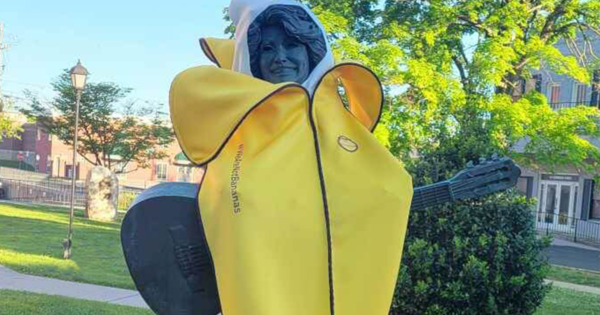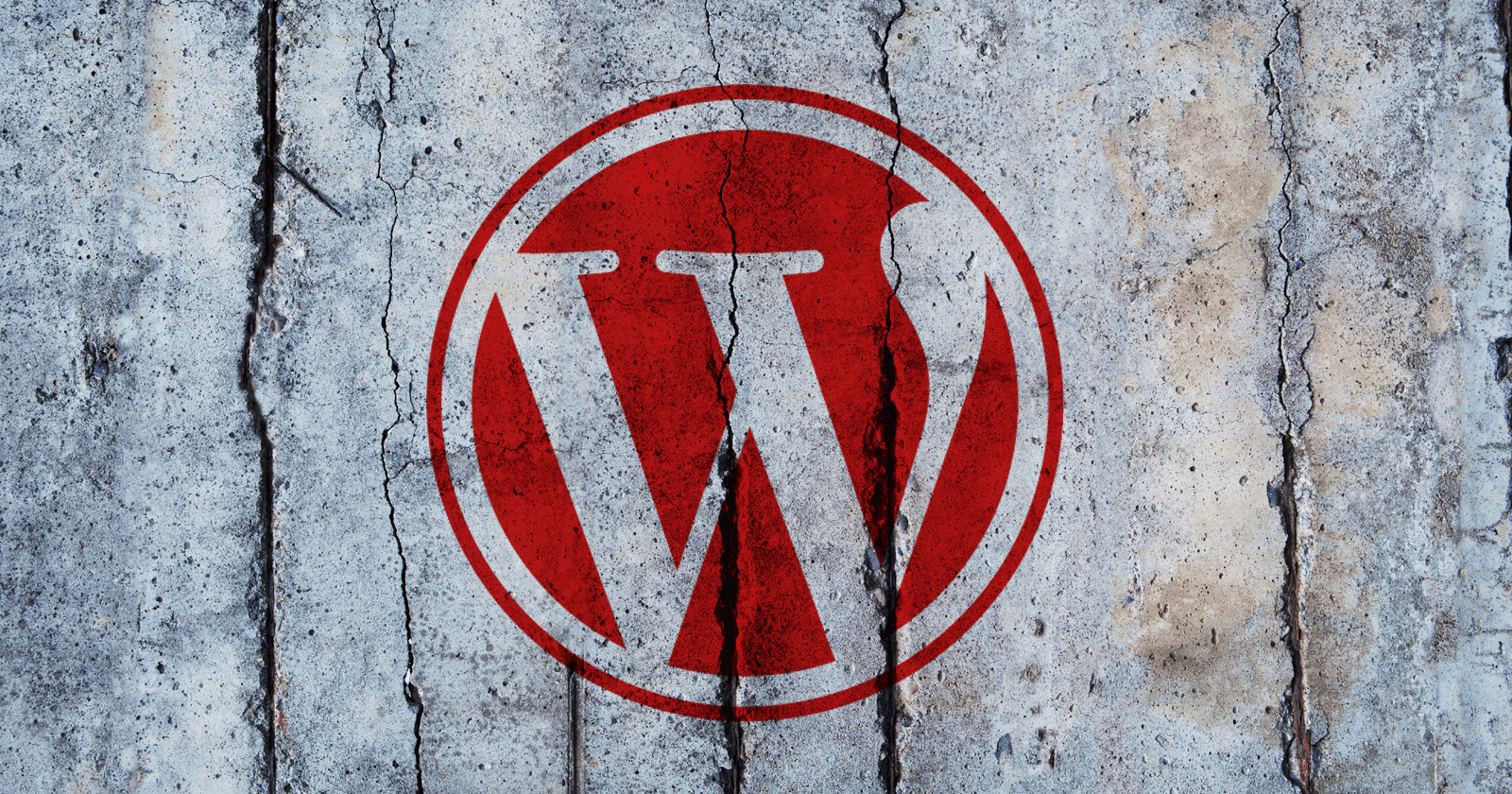‘Deplatform’ Tucker Carlson—Stop Hate for Profit tells social media companies to take action
Group that was once behind Facebook boycott now pushing more platforms to tackle 'great replacement' hate speech.

The civil rights groups behind the Stop Hate for Profit campaign against Facebook in 2020 are now pushing social media companies to do more to tackle violent rhetoric. On Thursday, Stop Hate called out Twitter, Facebook, YouTube, Twitch, Discord and Reddit, claiming they have not done enough to combat “white supremacy” ideologies.
In particular, Stop Hate, which is backed by the Anti-Defamation League and the NAACP, called on the social media sites to “deplatform” Fox News host Tucker Carlson, and “other repeat perpetrators spreading the ‘Great Replacement’ theory because of their significant role mainstreaming ideologies that normalize hate, foment fear and buoy extremists,” the group said in an announcement on Thursday.
Carlson has been criticized for promoting the so-called “great replacement” theory during his show. The most extreme version of the conspiracy theory posits that there is an intentional plan to replace white people in Western countries with Black and brown immigrants and that the plot is being run by Jewish people. Earlier this month, a gunman, who appeared to be radicalized by racist rhetoric, inspired in part by the “great replacement” ideology, killed 10 people in Buffalo, New York.
Read Ad Age's latest news on diversity, equity and inclusion.
Carlson addressed the shooting on his show last week, referring to a 180-page “manifesto” from the perpetrator. Carlson called the shooter “racist, bitterly so,” adding the shooter “reduces people to their skin color. That's the essence of racism and it is immoral.”
“The document is crazy. It's the product of a diseased and inorganized mind,” Carlson said. He also talked about a desire to “de-escalate” racial tensions in the U.S. “There is only one answer to rising racial tension and that is to de-escalate and do what we have done and tried to do for hundreds of years, which has work toward colorblind meritocracy.”
The manifesto was filled with racism, and as in previous instances where gunman dropped chaotic screeds online, it is hard to parse exact political motives. The manifesto does not make mention of Carlson.
Social media played a role in the shooting—the gunman livestreamed part of the rampage on Twitch, a video site owned by Amazon. The gunman’s social media past revealed he was active on Discord, a community for chatting with like-minded people online. And while Twitch received some credit for acting quickly to remove the shooter’s livestream, footage of the incident quickly spread elsewhere online.
Stop Hate noted that the “great replacement” theory has also led to violence including a 2018 attack on a Pittsburgh synagogue, the 2019 Christchurch shooting at two mosques in New Zealand, and 2019 shooting at a Walmart in El Paso, Texas.
In 2020, Stop Hate for Profit organized a boycott against Facebook, which now goes by the corporate name Meta, over hate speech and disinformation. More than 1,000 advertisers joined Stop Hate’s month-long Facebook boycott. The 2020 boycott followed the killing of George Floyd, and was part of a summer of mass protests for racial justice. This week marked the two-year anniversary of Floyd’s death.
Since then, social media platforms have been trying to prove they are responsible stewards of public discourse. Meta, Twitch, TikTok, YouTube and Twitter, among others, work with the Global Alliance for Responsible Media, which is a group formed to develop brand safety and suitability standards in social media. Social media sites now issue regular reports about subjects such as the prevalence of hate speech and how often they take action against accounts. Last week, Meta’s latest community enforcement report said the prevalence of hate speech on the site was down five-fold from 2020. In 2020, the rate of hate speech was about 10 instances in every 10,000 posts, and that number is now closer to 2 instances every 10,000 posts.
However, how the platforms police their services is still not a clear-cut issue, and there are opponents of over-moderation. For instance, billionaire Elon Musk has been critical of social media platforms for cracking down on certain political opinions and claimed there is bias in the process. Musk is now set to buy Twitter for $44 billion, partly motivated by a desire to set more open speech policies.
On Thursday, Stop Hate said that the platforms are not doing enough to train algorithms to detect “great replacement” hate speech. The organization used Fox’s Carlson as an example of a person with popular accounts on Twitter, Facebook and YouTube, where “great replacement” topics are spread.
“The consequences of allowing such content to run unfettered on social media platforms have been devastating,” the group said. “These racist and Anti-Semitic ideologies posit a toxic overarching conspiracy that strikes at the heart of faith in the United States as workable democracy founded on fair, free and accessible elections.”

 Tekef
Tekef 
































